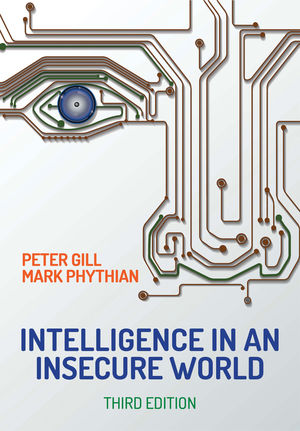It’s the end of 2023, and that means many security dealers and integrators are taking stock of the previous year and planning for the coming one. As always, the top of mind question is, “What will my customers want?”
There are no shortage of studies looking at this very topic. One recent one was conducted by Genetec and found the physical security market is embracing hybrid cloud solutions at a rate nearly double that of 2022. According to the survey, 44 percent of end users now say more than one quarter of their physical security setups are now either cloud or use a combination of cloud and on-prem, up from just 24 percent last year.
Based on insights from more than 5,500 physical security leaders, including end users and channel partners, the report also found cyber concerns about cloud significantly diminishing and anticipates that end users are now eager to shift towards cloud solutions. Thirty-nine percent of integrators said they now prioritize cloud-based solutions whenever possible.
On the end user side, the majority are looking for a hybrid approach that combines both on-premises and cloud, according to the survey.
“A hybrid cloud deployment clearly emerges as the ideal path forward for many organizations, seamlessly blending local infrastructure with the power of the cloud,” said Christian Morin, vice president product engineering / chief security officer, Genetec. “With a hybrid-cloud solution, organizations can optimize their physical security installation to best fit their business. And no matter how their security needs evolve, their systems will remain agile and adaptable to continue providing them with the capabilities they require.”
In the upcoming 2024 SDM Industry Forecast, which will be reported on in January, cloud solutions also showed a jump, with 75 percent of respondents saying they now offer managed access control, 71 percent offering video surveillance as a service and 66 percent offering access control as a service. All three of these categories rose by double digit percentage points over the previous year.
But switching to managed services is no easy task for the integrator, as one of the SDM panelists for the upcoming Industry Forecast story said. Mike Botten, sales manager for LVC Companies in Minneapolis said his company has made a concerted effort to switch from being a traditional provider to more managed services in the past year, which has been a heavy lift.
“I think we’re keenly aware that if we don’t we won't be in business for another 43 or 44 years,” he said. “As far as the process, it has been quite painful. We went through a whole managed services educational class. We’re retooling our salesforce, trying to set up a dedicated salesforce for recurring revenue, but also leveraging traditional salespeople that are doing most of the sales through the history of LVC. … It’s a change in mindset all the way down … but we have to modify and change for success and sustainability.”
Another panelist expressed surprise in the strength of access control systems over surveillance.
“I thought surveillance was going to be our largest revenue and it continues to be access control,” said Justin Stearns, vice president of Chimera Integration in Syracuse N.Y. “We are getting huge access control projects. What we do best is a single pane of glass, hardware as a service, and really offering just proactive surveillance systems with intelligent access control systems that communicate together. … And that just makes everybody’s lives easier.”
According to Mary Clark, chief marketing officer at Brivo, that single pane of glass concept is going to become even more important for end users going forward, both on the front and back end of the system.
“In 2024, security integrators need to be ready for more customers to demand and expect their access control solution to act as a ‘single pane of glass’ for disparate security systems and applications,” she said. “Platforms that centrally host video management, license plate recognition, building management software, elevator monitoring, hot desking solutions and more reduce touchpoints and break down silos between data. This strong push for centralization reflects a wider trend of increasing API utilization across the entire enterprise landscape. These expectations haven’t missed the shores of physical security.
“Integrators need to become subject matter experts about their ecosystem and know what a ‘single pane of glass’ means for the network back end — effective API integrations in cloud-based platforms. It’s with enterprises and large enterprises particularly where integrators are in a fantastic position in 2024 to show the beauty of scaled up cloud infrastructure and do more with this — including better leveraging organizational data. In short, access control tech stacks are changing. And that’s to be embraced.”



